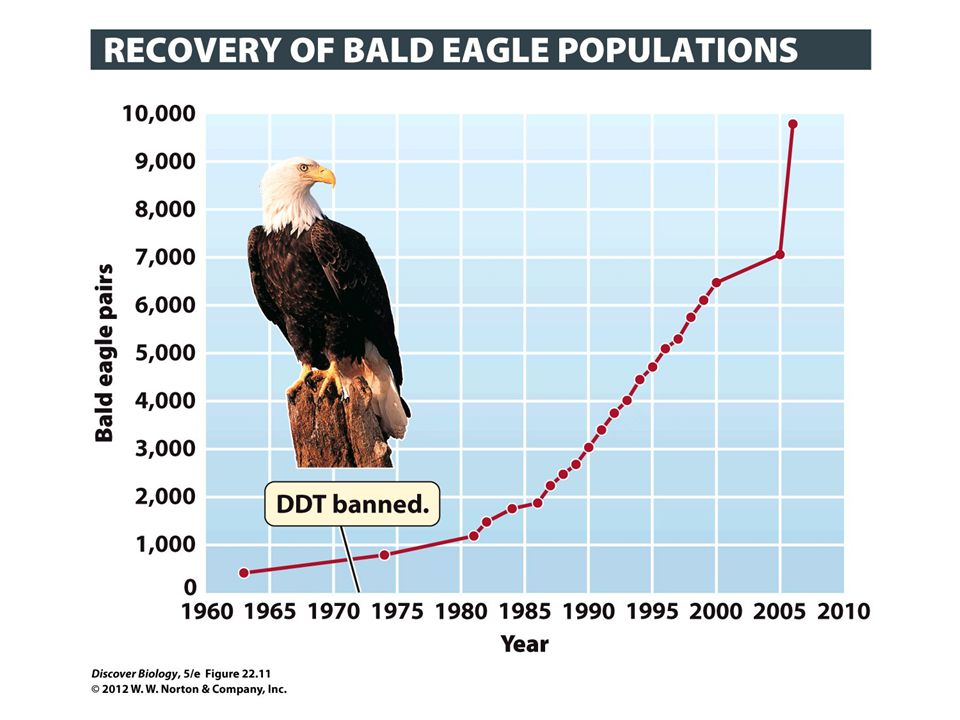UPDATE:
Hi everyone,
As I mentioned previously in the praxis post I wanted try to go vegan. I have been wanting to do this for a long time, mostly because of my love for animals. This class has added to this reason because of connections animals and women in a patriarchal society (Both are oppressed, objectified, and sexualized). Before taking this class, I never made this connection. So by going vegan, I am supporting animals and women!
The first few days were difficult to eliminate traces of dairy (minus eggs and butter). Going strictly vegan was very difficult so I wasn’t too hard on myself if I accidently consumed something. It’s going to be a process and its not quiet the perfect routine, but I’ll get there. It was easy to eliminate products that test on animals and are made of animals because I’m already accustomed to avoiding and boycotting this.
Overall, I am glad I tried this and will continue to work towards a vegan lifestyle because of its many benefits to everyone in the world.
-Cheers!
I am saying goodbye to food with any traces of animal products. No more cage free eggs, butter, chocolate, or cheese for this lady! I have been wanting to do this for awhile now and after the vegetarian ecofeminism assignment, I’ve been slowly transitioning by limiting any consumption of these things. Even though I have been a vegetarian for many years now, I’ve never strictly avoided dairy and eggs, but its time. I feel guilty whenever I eat dairy and its nearly impossible to find a company that is ethically sourced. I don’t want to support the speciation and oppression of cows anymore.
I think some of the challenges I’ll face will occur while ingredient checking or while going out to dinner. My plan is to be aware of everything I consume…Grocery shopping tomorrow, should be interesting! I’ll make sure I report next week. This is going to be a great experience for me and I’m happy to be helping animals in the process! I am excited to try some vegan recipes and hopefully I’ll be able to find a tasty vegan cheese.



